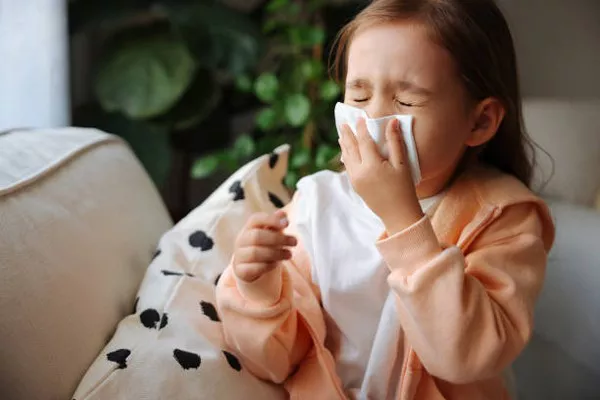A remarkable breakthrough in allergy treatment has emerged from early trials, demonstrating promising outcomes in building immunity for children with severe allergies.
At the forefront of this groundbreaking development is a £2.5 million clinical trial, spanning five NHS hospitals, aimed at assessing the efficacy of using everyday food products—such as peanuts and milk—as a form of immunotherapy.
Although not positioned as a definitive cure for extreme allergies, experts assert that the preliminary findings indicate the potential to prevent fatalities and reduce hospitalizations resulting from accidental exposure to allergens.
Sibel Sonmez-Ajtai, a paediatric allergy consultant and principal investigator at Sheffield Children’s NHS Foundation Trust, expressed profound optimism regarding the trial’s impact. She stated, “This study is enabling us to do something we would never have dreamed of doing before—administering foods known to trigger allergies to patients.”
While acknowledging that the treatment does not eradicate food allergies entirely, Sonmez-Ajtai emphasized its transformative effects on patients’ lives. She recounted instances where individuals who previously experienced anaphylactic reactions to minute quantities of allergens could, within six to eight months, tolerate significantly larger amounts—a development she described as nothing short of miraculous.
The research initiative has been generously funded by the Natasha Allergy Research Foundation, established in memory of Natasha Ednan-Laperouse. The tragic death of the 15-year-old, who suffered a severe allergic reaction to sesame contained in a Pret baguette purchased at Heathrow airport in 2016, served as a catalyst for heightened awareness and advocacy in allergy research and treatment.
Ednan-Laperouse’s untimely passing, exacerbated by the absence of allergen information on the product packaging, underscores the critical importance of advancing initiatives aimed at enhancing allergy management and prevention.
As the clinical trial progresses, researchers remain hopeful that continued advancements in immunotherapy will offer new avenues for effectively managing severe allergies and improving the quality of life for affected individuals and their families.


